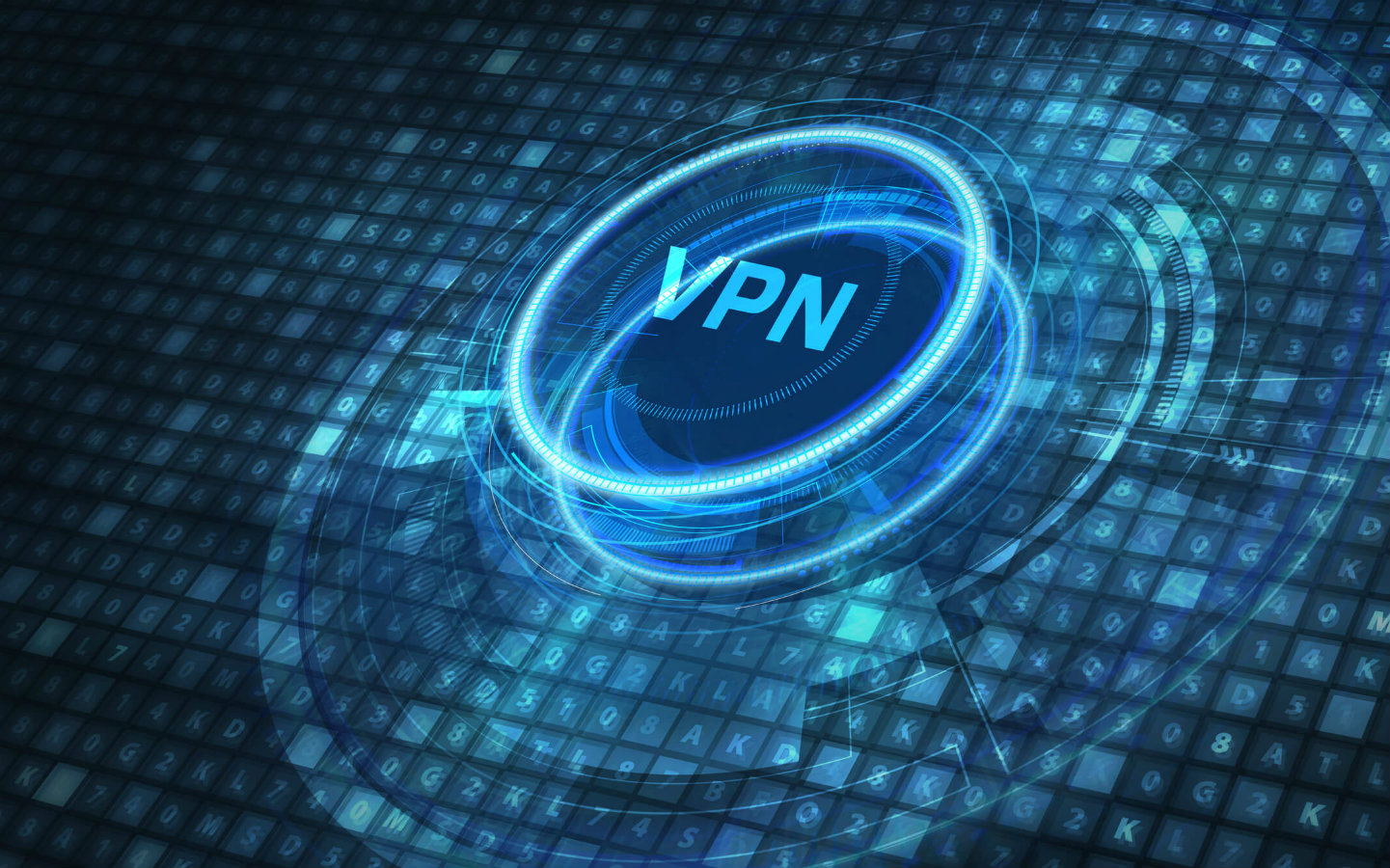
As a result, your IP address is hidden by routing it through a specially configured remote server run by a VPN host to hide it. When you surf online with a VPN, your data is sent from the VPN for macOS server instead of your Internet Service Provider. VPNs work like filters that turn all your data into gibberish. Your Internet Service Provider cannot see which websites you visit or what data you send and receive.
In addition to protecting your data from external access, VPNs disguise your data traffic online. A hacker or cybercriminal cannot decipher the data that is not encrypted. With a VPN, this data cannot be read. An encryption key is required to read the VPN for macOS. If you did not have one, a brute force attack would take millions of years to solve. Even on public networks, VPNs can conceal your online activities.
In essence, VPN servers act as proxies over the Internet. Because demographic location information is gathered from a server in another country, it is impossible to identify your real location. Most VPN services also do not keep logs of your activities. As a result, some providers’ potential record of your user behavior remains permanently hidden, whereas others record your behavior but don’t share it with third parties.

The content on regional websites and services cannot always be accessed from anywhere in the world. Standard connections determine your location using local servers within the country. By switching to another server in another country, you can effectively “change” your location with VPN location spoofing. In this scenario, you can’t access the content at home if you’re traveling, and you can’t access international content from home if you’re at home.
For security reasons, important files on your company’s network may need to be accessed securely if you work remotely. Usually, a VPN connection is necessary to gain access to the network. Your ISP usually sets up your connection when you connect to the Internet. VPN services are connected to private servers and use encryption methods to prevent data from being leaked. It tracks you via your IP address. The ISP’s servers route your network traffic, which can be logged and displayed.
Your ISP may share your browsing history with advertisers, the police, the government, and other third parties, even though it may seem trustworthy. Cybercriminals can also attack ISPs, compromising your personal and private data. This is especially important when you frequently use public Wi-Fi networks. There is always a possibility that someone

